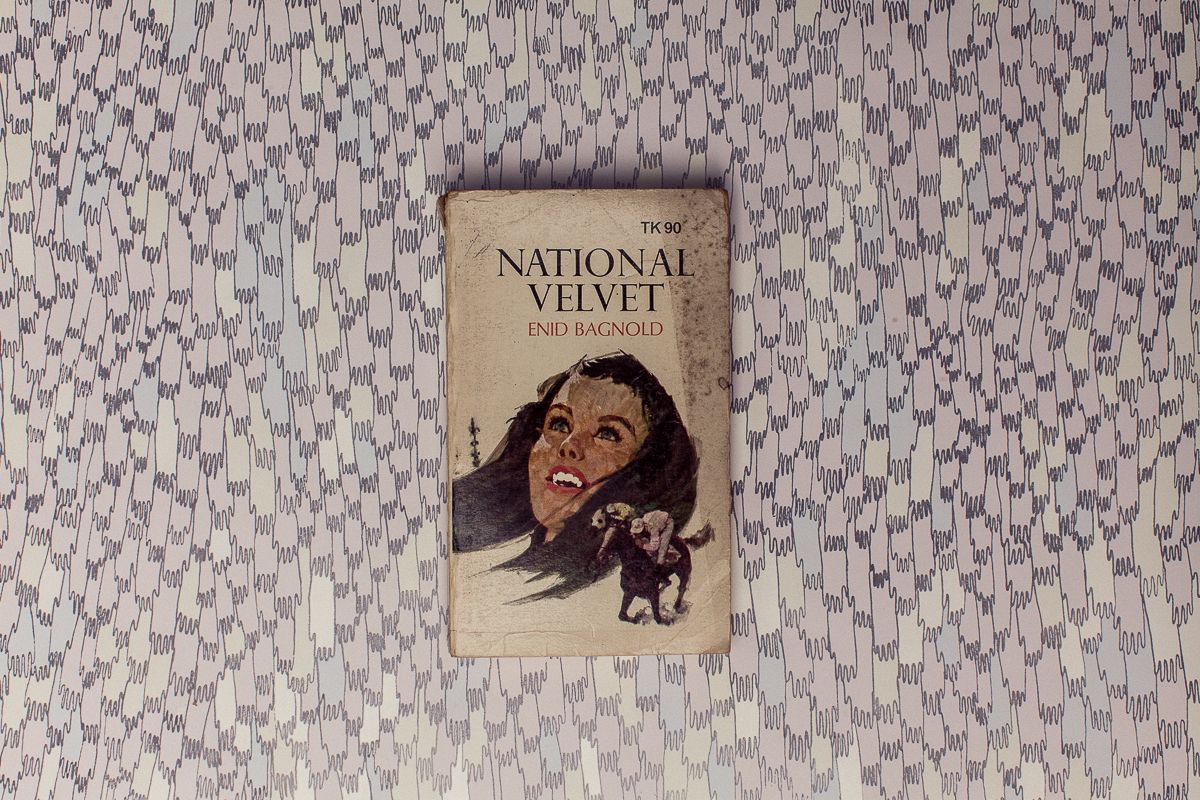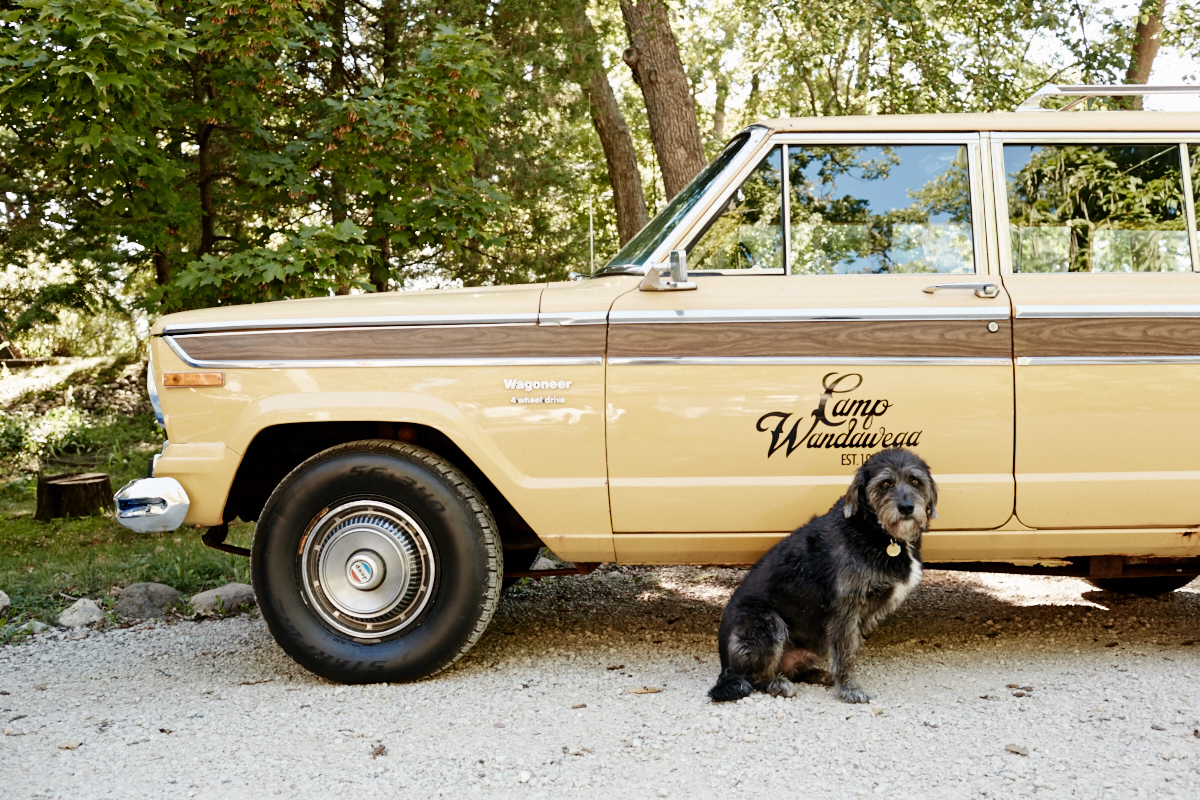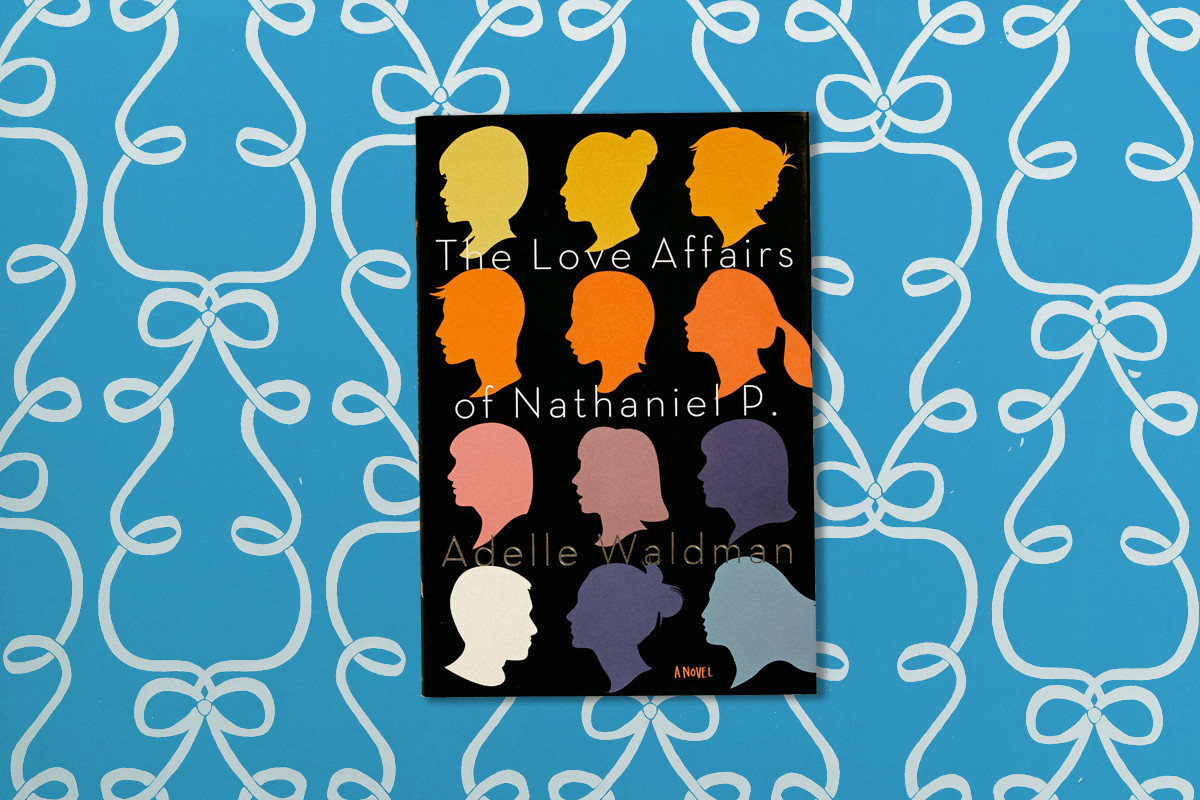You might feel the desire to wallow in summer nostalgia and romance as fall makes its appearance. Enable those feelings with Ben Lytal’s debut novel, A Map of Tulsa, an ode to earnest youth and Midwestern beauty.
It’s Jim Praley’s first summer back from his prestigious East Coast university, and his hometown of Tulsa seems cloaked in a new cast of mystery. When he meets Adrienne Booker, a glamorous high school dropout, Jim’s vacation suddenly takes on a significant shape.
We spoke with Ben about W.H. Auden, road trips, and an extensive reading syllabus.
The protagonist Jim is a poet. Did you read a lot of poetry while working on the book? If A Map of Tulsa were to be accompanied by a single poem, which would it be?
I read a little poetry all the time. Don’t we all?
When I was first drafting the book I found a poem by Auden called “A Summer Night.” A circle of colleagues—professors, maybe—are sitting out on the grass late after a picnic. It’s a moment of respite and contentment such as Jim never feels. I’ve never really felt it either. We don’t have peace like this, because we don’t have real jobs—full time, with benefits. The poem was written in 1933: World War II is coming, and the poet knows it. But Auden still has the strength and the standing to reach out and hold his share of the summer evening.
Here’s the crucial stanza:
That later we, though parted then,
May still recall these evenings when
Fear gave his watch no look;
The lion griefs loped from the shade
And on our knees their muzzles laid,
And Death put down his book.
And then Auden runs on:
Now north and south and east and west
Those I love lie down to rest . . .
You’re from Tulsa, and the book is clearly a love letter to the city, but we’re wondering: did anyone from your past come forward, offended or irked by things you wrote?
The short answer is: not really. The problems are more with me. I spent such a long time with the book, I forgot it has some parallels with real life. I literally forgot: One time in Brooklyn, I was coming up from the subway, and it dawned on me that a certain scene I was working on had actually happened to me once (it involved smuggling whiskey into a Borders book store). I stopped on the stairs there and checked over my memory. The written scene had basically obliterated, or overwritten, the real memory. And so it happens that I decided to delete that scene.
What advice would you give a young person coming home from college for that first summer?
Try to see yourself through your parents’ eyes. Then get somewhere they can’t see you.
And what would you tell them to read?
Start with this list:
A. Sabbath’s Theater by Philip Roth
B. Blood Meridian by Cormac McCarthy
C. The Notebooks of Malte Laurids Brigge
D. To the Lighthouse by Virginia Woolf
If you liked A, you should immediately go back and read E. Philip Roth’s first book, Goodbye, Columbus. Or if you want more ranting, read something by Thomas Bernhard.
If you liked B, go ahead and read F. Moby Dick. If you get bored, take a break to read something by Nathaniel Hawthorne and reflect on how much braver and crazier his young friend Melville was.
If you liked C., you should order a book called G. Randall Jarrell’s Book of Stories. A summer spent following up on the authors anthologized in that book would be possibly the most wonderful summer of reading ever. In fact I should do this, this summer.
If you liked D., try H. Lolita.
Now:
If you liked E., excellent, but you should now take a break from Roth. You could make yourself a feast of American classics in a similar vein: The Great Gatsby (iconic), My Ántonia (more sweeping), Revolutionary Road (more suburban), Rabbit, Run (more comic), A Sport and a Pastime (more erotic). But what you should actually do is try Pride and Prejudice, if you’ve never read it before. Don’t keep going if you don’t like it: save it for later, when you’re smarter. But if you do love Pride and Prejudice, you should seize on this, and take advantage of this summer to anchor yourself in 19th century fiction. You could even read War and Peace. Or a bunch more Austen.
If you finished F. and were happy with it, maybe take a break with some H. P. Lovecraft. But you should probably go for Dead Souls by Gogol. Or if this all getting too dank, go read some philosophy. But then come back.
If you liked H., you’re good at paying attention. Try Madame Bovary. If you want, you can use Nabokov’s own Lectures on Literature as a guide to that book. But don’t take Nabokov too seriously.
Or:
If you get burnt out on novels, read Nietzsche. If you want to read poetry, buy Michael Schmidt’s Lives of the Poets and use it like a menu.
Plot out for us your ideal cross-country road trip.
Most times you think you have to start out on one coast, and cross. But what if you started in the middle? The quickest way to get out of Tulsa into something freer is to cross north into Kansas and go straight through the flat middle of the state, with yellow sunflower plantations to the side. I’d go like an arrow. Eventually the Rockies show up, like a backdrop on the horizon. The grass stops, the earth turns gray, and begins to undulate like something out of Cormac McCarthy. Denver is surprisingly civilized. Done in Denver, I’d head south, nervously avoiding the Rockies. New Mexico smells good. But through some feeble inturning instinct, I’d bear eastward down into Texas and drive back around underneath Oklahoma. In the deserts of West Texas I’d feel some good innerness consolidating—like I was really learning something on my roadtrip. But when I ended up in lush New Orleans I’d suddenly doubt it all again, I’d feel incommensurate to the jazziness and friendliness of that city. I’d wonder if I should have gone to Mexico, after all. But continuing, holding my breath through the Flannery O’Connor stories of Mississippi and Alabama, I’d forget some things, and relax a little bit. I’d apply myself to Florida and try to be an earnest, open-minded pop connoisseur. The sort of person who writes dissertations about Disney. But I’d edge away from the Atlantic coast. I’d still be nervous. Something seriously tropical in the air would help me forget about Disney. I’d pick up that sick inturning feeling I get, always. My stomach would sail uncomfortably weightless over the bridges between the keys. I’d sell my car for food. I’d end up in Key West.































